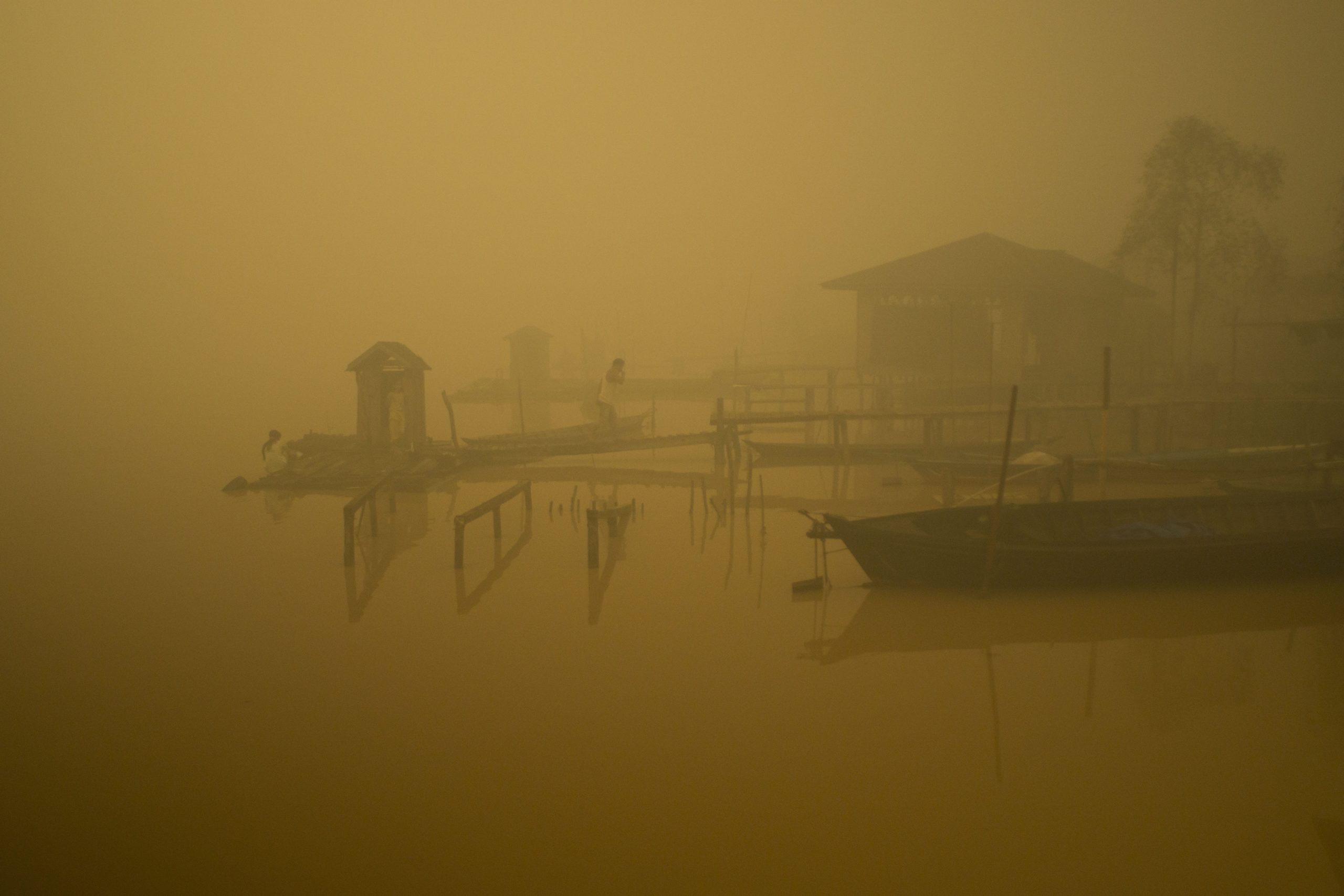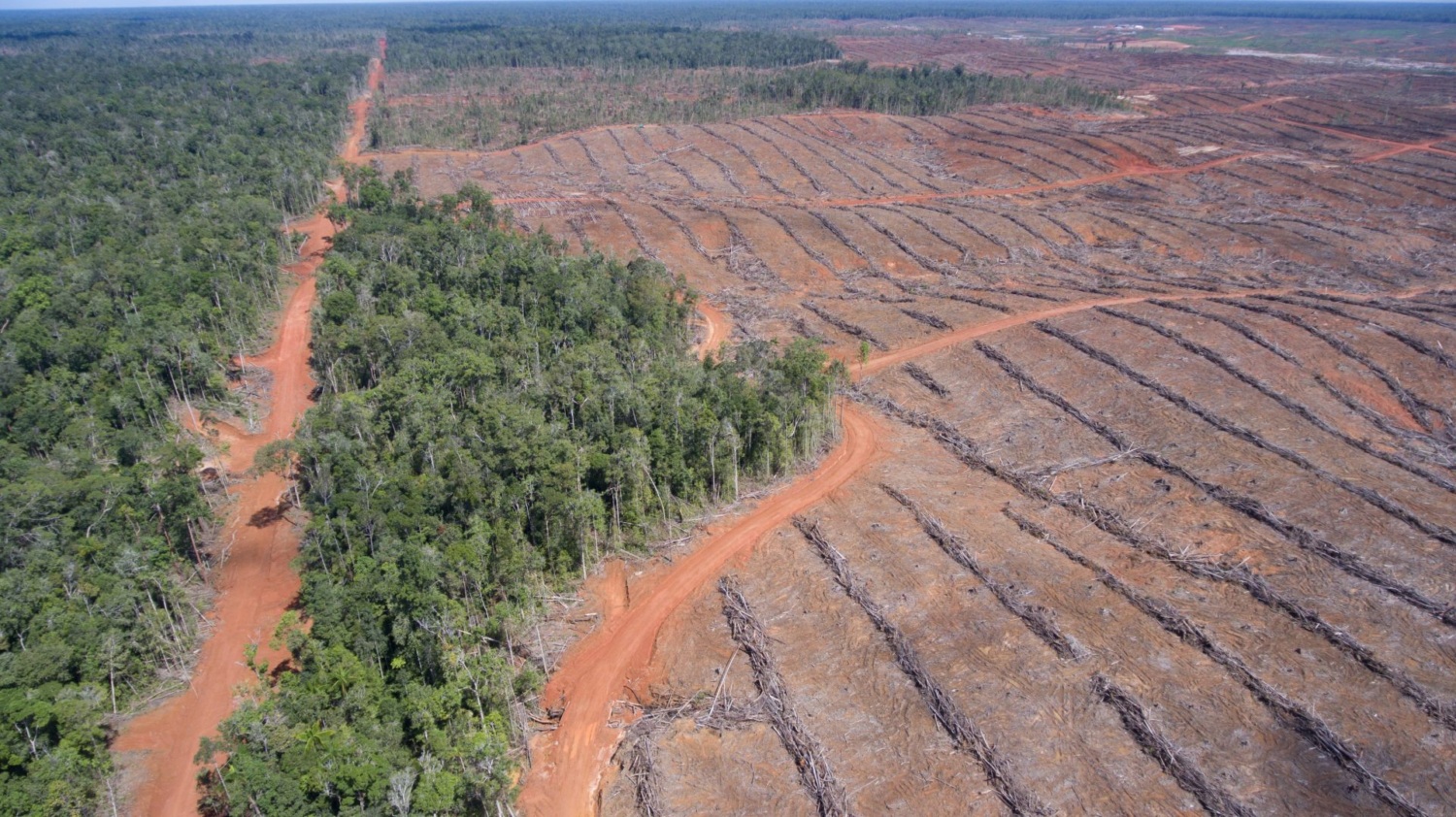
New study reveals severe health impacts of Indonesia’s haze crisis on babies
This week we’ve learned even more about the severe human toll caused by the toxic haze that regularly occurs in Indonesia from palm oil and pulp and paper companies igniting forest fires. A Harvard study previously revealed that the 2015 haze crisis led to the premature death of 100,000 people. Now, new research has found that the toxic haze from Indonesia’s 1997 raging forest fires, which spread across 42,500 square miles (bigger than the state of Tennessee), had a direct and irreversible impact on over one million babies. Prenatal infants up to babies that were 6 months old at the time, did not grow to their expected average height by the time they were 17.
This research provides more evidence of irreversible health impacts and intergenerational costs of exposure to fire and haze, suggesting that the fires/haze stunted children’s growth by up to 3.4 centimeters (1.3 inches). The authors of the new study wrote, “1.13 million individuals were in their prenatal stage during August through October 1997 in the impacted provinces of Sumatra or Kalimantan, where the air pollution and fires were most intense.” The palm oil and pulp and paper industries must stop using fire, and the Indonesian government should crack down on rogue corporations, whose actions are hurting the nation’s children.


